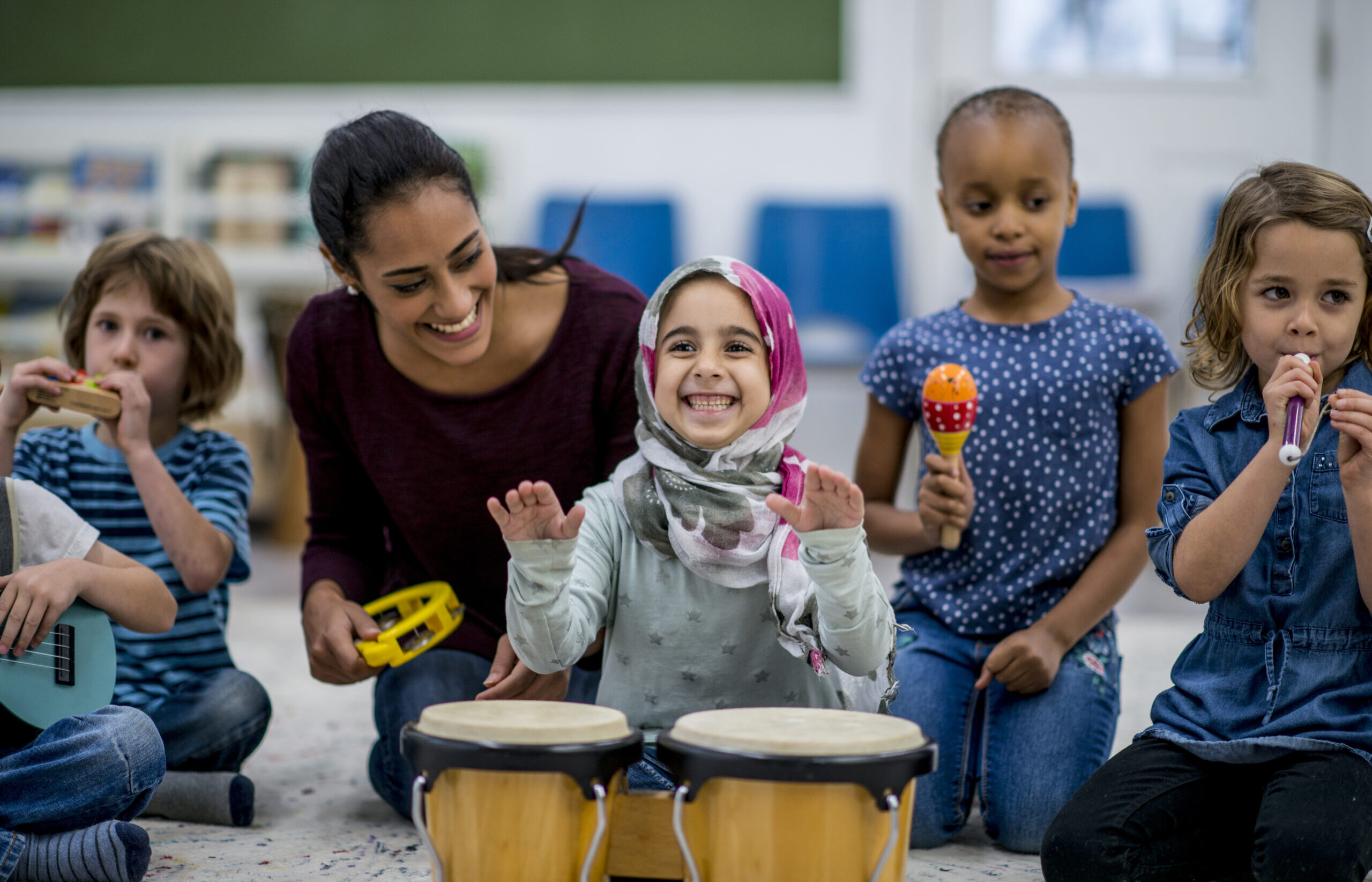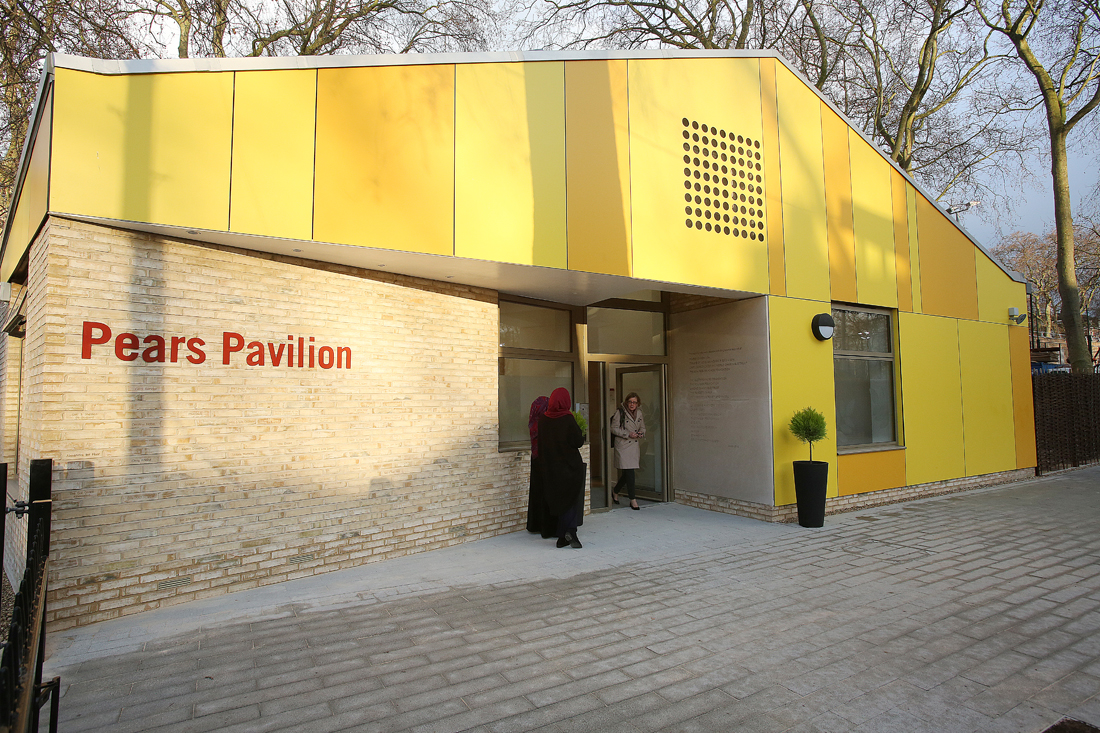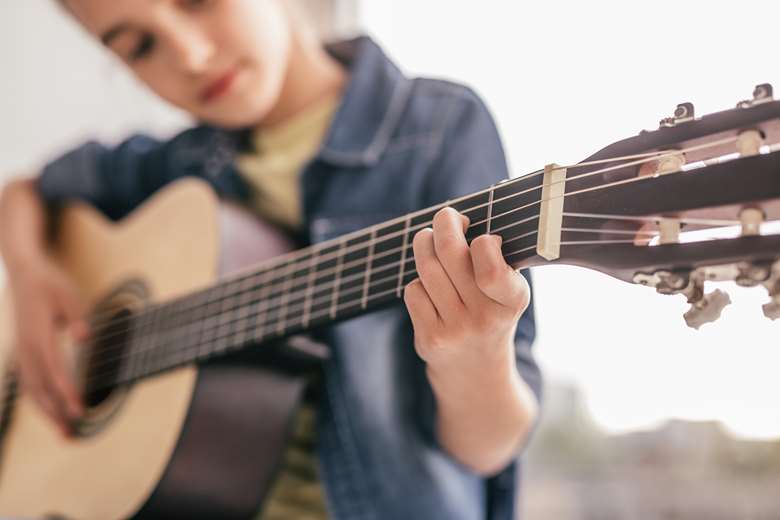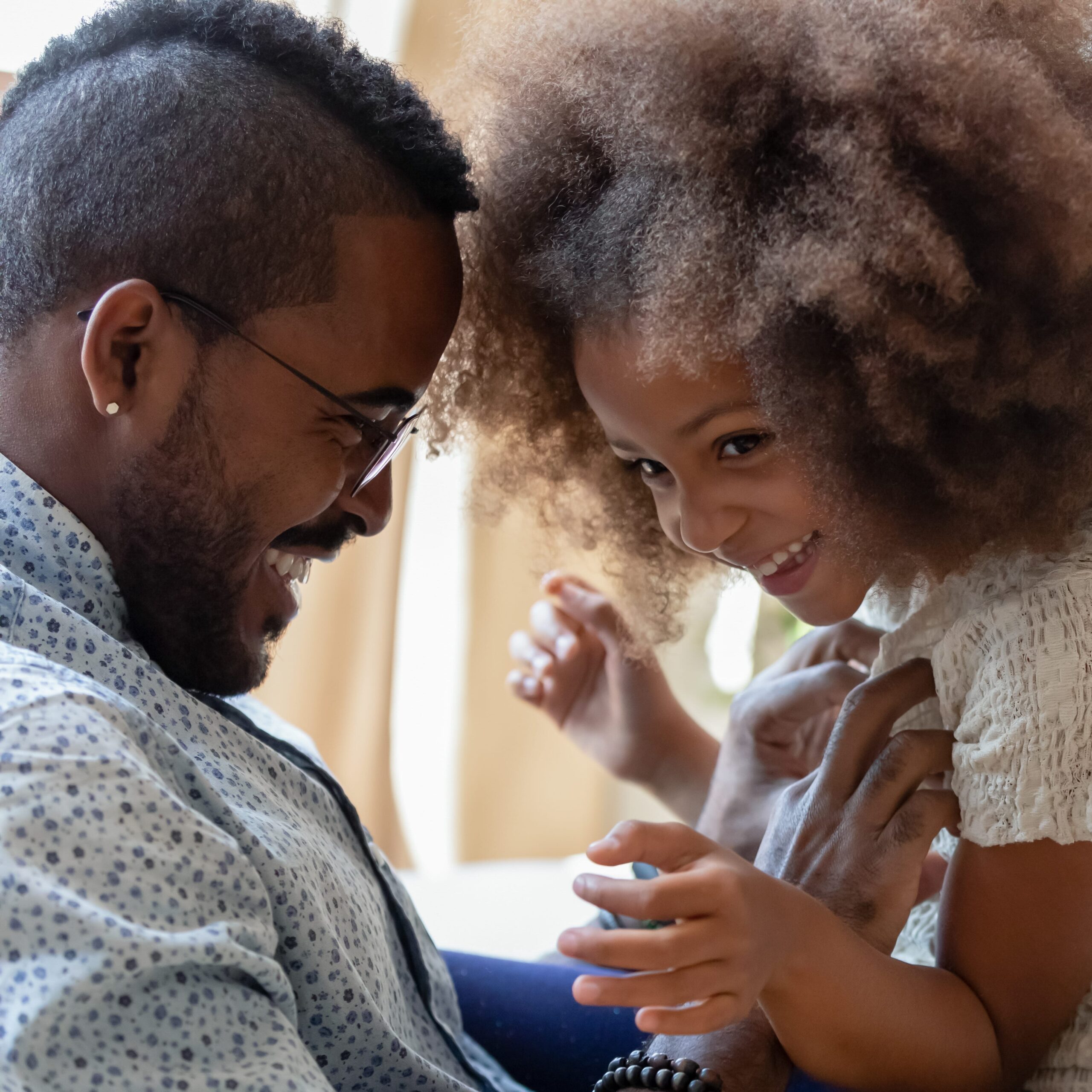Our Creative Therapies team consists of music and art therapists, supported by a clinical psychologist, family therapist and a child mental health practitioner. We have been working with children and their families to support social and emotional development for more than 15 years.

How Creative Therapies can benefit children
Art and music therapy can help children understand their inner worlds and surroundings, develop closer relationships and interact effectively with their peers, teachers and families. Recent research has supported the use of music and art therapy for social and emotional development. Creative therapies also helps build resilience and reduces anxiety.
Music and art therapy allow children to communicate emotions and more complex stories than they could using words alone. In this way, creative therapy helps each child and their carers to understand distress, confusion or conflicted emotions.

Our work
We work with:
- adoptive and kinship families
- care-experienced children and young people
- children with special educational needs
- children and young people experiencing mental health difficulties
- children experiencing or at risk for school exclusion
- young migrants
We are based in the Pears Pavilion on the Coram Campus in central London, which was purpose built for Creative Therapies. We work in mainstream and SEND schools in Camden and Lambeth, and within travelling distance of central London. Our therapists also work in other settings, including London hospitals and hospices, and offer remote therapy sessions.

Our therapies
Music therapy
Music therapy helps children to communicate feelings and explore their emotions in a safe space. It reduces anxiety, improves self-esteem and helps communication skills to develop. Music therapists support children and young people to write, and sometimes record, their songs. This can be a powerful way of putting thoughts and feelings together to tell the story of important experiences in their lives. Coram Music therapists have developed a pioneering music therapy studio for young people to facilitate music-making through electronic beat-based music.
Art therapy
Our art therapists help children to communicate their thoughts and feelings through the process of creating art objects that make sense of their experiences. For children who are unsure how to describe their experiences or feel risk using words, art therapy can provide confidence and a way of communicating feelings and ideas beyond their language capabilities. Therapists can help identify new strategies for managing feelings, thoughts and behaviour at home and at school.
Dramatherapy
Dramatherapy offers a collaborative and creative way for clients to recognise and express different emotions. Within the sessions, drama and creative exercises are used to offer clients opportunities to freely explore what is important to them. This could be through the body, movement, story-making, music, role-play, writing, art, projective play and the use of objects. This type of psychotherapy aims to support processing and make sense of difficult experiences or feelings. It offers a safe space where expression and connection can help build relationships, and self-awareness leading to psychological, emotional and social changes.
Clinical psychology
Our clinical psychologists work with children and families who have developmental challenges, adverse relational and family experiences, mental health difficulties, and neurodiversity. Our psychologists work with children and their families individually or together and with other relevant professionals, such as teachers. We offer a range of evidence-based assessments and interventions including:
- Interventions to help draw upon resilience and coping with anxiety and challenges including narrative therapy and cognitive behaviour therapy
- Working with families to further develop understanding of developmental trauma, family relationships and life story work, often using narrative and Dyadic Developmental Psychotherapy (DDP) approaches
Family therapy
Our family therapist works with adoptive and Special Guardianship Order (SGO) families. When children enter a family, everyone in the family has to renegotiate their roles and relationships. Family therapy is usually a talking therapy where family members meet with one or more therapists who support the family to have potentially difficult conversations. Our therapists work flexibly: they might invite families into shared activities related to their difficulties, meet only with parents, or use creative techniques such as drama.
Child Mental Health Practice
Our child mental health practitioner supports parents to develop their relationships with children and young people, sometimes described as ‘therapeutic parenting’. Our child mental health practitioner often works alongside an art or music therapist, with a child and their parent, to support creative therapy.
Our Harmony group is co-led by a child mental health practitioner and music therapists working with children who have been through court proceedings. It gives children the opportunity to build stronger emotional connections to their adoptive families or SGO carers in a fun and safe environment.
Group creative therapy
We currently offer Adoption and SGO families who have a child under five years an online, eight-week group music therapy called ‘Harmony’. The group is aimed at giving children who are being looked after by family or friends to express themselves in an enjoyable and creative virtual environment.
Interpersonal Psychotherapy for Adolescents (IPT-A)
Interpersonal Psychotherapy for Adolescents (IPT-A) is a talking therapy for adolescents with low mood or depressive symptoms. It can address grief, conflict, life changes and relationships, often involving communication skills training, problem solving strategies and understanding perspectives. Creative methods like role-play, role reversal and relationship mapping may be used. Goal setting guides the therapy, with family and network engagement playing a key role, often guardians are invited to sessions.
Family Harmony Toolkit

The Parenting and Creative Therapy team has developed a new resource – the Family Harmony Toolkit – in collaboration with the Department for Work and Pensions. This was created in response to research highlighting the impact of harmful conflict on children’s lives. The free toolkit aims to help practitioners working with families to prevent and reduce conflict with practical resources, including session guides and activities that draw from family therapy, music therapy, and art therapy interventions.
How to access a Creative Therapies service
For professionals
If the referred child lives in or attends school in Camden
We offer music and art therapies to young people who live and go to school in Camden, working with the London Borough of Camden. Teachers at Camden’s specialist schools can refer children for art or music therapy: Swiss Cottage School, Robson House (Camden PPRU), The Primary Reintegration Satellite, Camden Centre for Learning and Camden Reintegration Base. We also receive referrals from a small, targeted cohort in selected Camden mainstream schools where a need has been identified by the school. We recommend that the young person’s SENCO or class teacher make the referral.
Creative therapies for adoptive and special guardianship families
For adopted children and children living under a Special Guardianship Order, we consider referrals from parents, social workers and other professionals. We liaise with the post-adoption service in the local authority responsible for the child – either where the child lives, or the authority responsible for finding the child’s adoptive parents if the adoption was recent.
Funding for assessment and therapy with adopted children and children living under a Special Guardianship Order is provided by the Adoption Support Fund. Applications to the Adoption Support Fund can only be made by adoption support social workers after discussion with parents and carers as well as an adoption support social worker, and children as appropriate.
All therapy can also be funded for specific interventions by local authorities.
If you have a question, you can contact us at creativetherapyadmin@coram.org.uk or on 020 7520 0311.
For parents
If you are a parent and your child is attending school, we will normally liaise with the school directly to discuss your request for creative therapy.
If you are a carer for a child with a Special Guardianship Order (SGO) or a parent of an adoptive child, please contact your social worker to request a referral to Coram. Funding for assessment and therapy with adopted children and children with an SGO is provided by the Adoption Support Fund. Applications to the Adoption Support Fund can only be made by adoption support social workers.
For further information, please contact creativetherapyadmin@coram.org.uk.
What happens after a referral?
After a referral has been made, families talk through the challenges they are experiencing with relevant professionals. We call this a multi-disciplinary assessment. It enables us all to share views and deepen our understanding of a family’s difficulties. This helps to ensure the support we offer is tailored to each family’s situation.
The discussion aims to help us build a thorough picture of:
- the strengths of the child and family
- the child’s developmental history, including any past traumas
- previous support received by the child or family
- possible barriers to accessing or receiving help
- parenting styles and relationships
- the social and community support available
After the multi-disciplinary assessment, we will offer the family one of our creative therapies, if we all agree that this would be helpful or alternatively refer the family to more appropriate support.
If a family feels that a diagnosis would be more helpful, we can provide information about organisations that can help with this, as we do not provide diagnoses.
